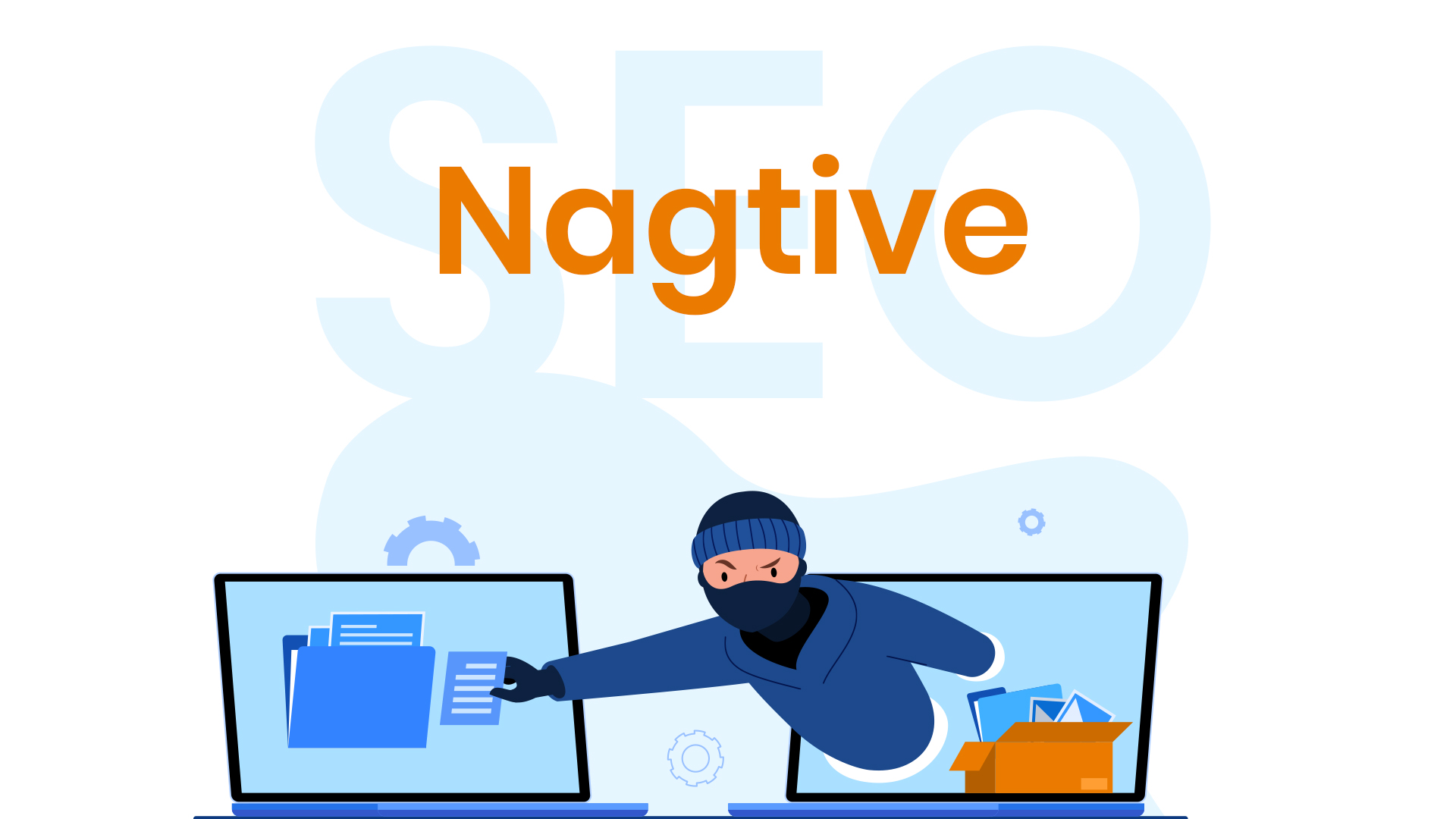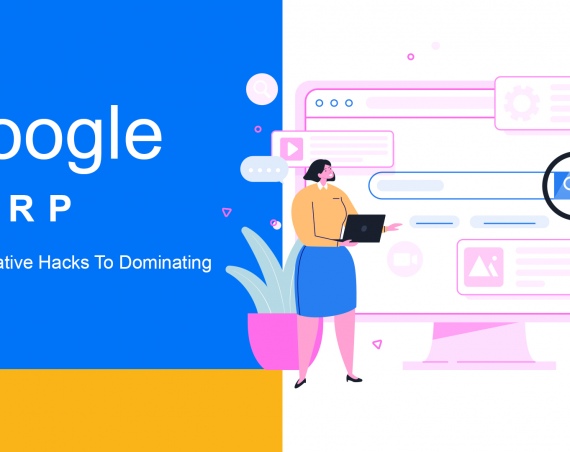
There has been a lot of talks lately about negative SEO. What is it? How does it happen? If so, should you be worried? How do you know whether someone is trying to attack your website with negative SEO?
This blog aims to shed some light on the subject and will help you with tips and solutions to prevent your website from negative SEO attacks.
What is SEO?
The Internet is a big endless space with a huge collection of data and information available. When a web user looks for any information or a product, he clicks and browses through the first few results on his Search Results page. The user will modify his search if he does not find anything relevant.
This is where SEO comes into the picture! SEO (Search Engine Optimization) is a set of practices to increase the quality of traffic to your website and improve search engine rankings. However, today, gaining high rankings using competitive keywords is not as easy as it was a couple of years ago. SEO has undergone a major transformation lately, and there have been drastic changes in strategies utilized to stand out from the competition.
The increase in competition has also led to increasing unethical practices as well. Some companies would prefer to focus on tearing down other sites rather than building their own. This attack is referred to as a negative SEO attack. Negative SEO uses black hat SEO and other unethical techniques to lower a competitor’s ranking in the search engine.
What is Negative SEO?
Some companies are so desperate for improved rankings that they resort to questionable strategies and focus on elevating their rankings by eliminating competition. Negative SEO attacks can occur as follows:
- Hacking competitor’s website
- Creating spammy links to competitor’s website
- Replicate website’s content all over the Internet
- Creating fake social media profiles and tarnishing reputation online
- Removing top performing backlinks
In the end, the only goal of Negative SEO is to lower the ranking of competitors’ websites.
How to prevent and combat Negative SEO attacks?
Negative SEO attacks, if not managed properly, can cause irreversible damage; and it’s crucial to take the following steps to protect your website from one:
Keep track of your links
Monitor and perform regular audits on your website’s link to detect any suspicious activity. This is one of the most important steps to prevent hackers and spammers from growing. Check if there’s a sharp increase in the number of backlinks and linking domains. If the graph shows any sharp spikes, you know it’s time to raise a red flag. Spammers may perform Negative SEO attacks by building low-quality links and redirects.
Monitor Website Speed
The page loading time is an important factor affecting your search rankings. If your website’s loading time has suddenly increased, there are chances that you might be a victim of forceful crawling.
This forceful crawling can cause a heavy server load leading your website to slow down or crash. In this case, you should immediately contact your web hosting service provider or webmaster and figure out the source for the load.
Beware of Content Scraping
Original content is one of the most important factors that affect your SEO rankings. As a result, Content Scraping has become too perennial these days. Content Scraping means plagiarising original content from a website and copying it word-for-word on another website.
During a negative SEO attack, attackers scrape your content to combine it with their wafer-thin content or a link farm attack to spam your website. If the copied content gets indexed before your original content, then your content is tagged by Google as copied and devalued, resulting in a drastic fall in rankings.
Use online tools to keep a check if the content has been plagiarized. If yes, you can report by filling out Google’s Copyright Removal form.
Monitor Google My Business
Negative reviews can be heartbreaking, but they help us better understand our customers’ behavior. But what if these negative reviews are amplified?
Anyone can attack your site with many fake reviews to damage your reputation. You can flag and report these fake negative reviews with Google My Business. All you need to do is follow these steps:
- Find your business listing
- Go to review summary, #Reviews in the left panel
- Click flag fake reviews
- Fill out the report form
Watch your site’s Click-Through Rate (CTR)
It’s debatable whether Click-Through Rate is a search engine ranking factor or not, but some instances clearly show that a high click rate on search results can boost up the rankings. while a low CTR gets a site de-ranked.
A high bounce rate paired with low CTR may indicate a negative SEO attack. The attacker programs a bot to target specific keywords, lands on competitor websites, and causes bounce, creating a false SERP bounce rate. Monitor your keywords’ CTR in Google Console, click Search Traffic > Search Analytics for any spikes and disavow the offending links.
Check your SERP rankings regularly
Keeping a check on SERP rankings should be a daily task for any marketer. But, here’s why it’s really important! A sudden drop in ranks may be due to a malicious attack caused by the complete de-indexing of your website. Make sure your website’s robot.txt is properly set up, along with getting regular ranking checks.
Upgrade your Security
Negative SEO attacks might not be as common as cyber-attacks, but they heavily impact your site’s search rankings. When Google detects a compromised site, it immediately flags it with a ‘This site may be hacked’ warning that can scare off your website’s potential traffic. Keep your web security updated, security patches installed, and your CMS software equipped with powerful user encryption protection.
Wrapping up
If you believe you’ve been a victim of a Negative SEO attack, don’t panic; identify and isolate the problem before it escalates and let Google know. Whether you have an in-house SEO team or outsource organic SEO services from other agencies, please note that Negative SEO attacks are rare. Simply monitoring your content and website daily will help you stem and prevent any Negative SEO attack from occurring, ever.


